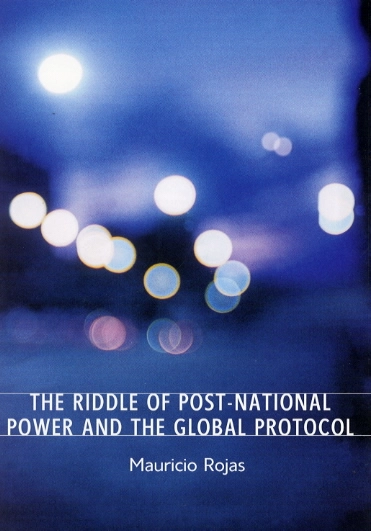

The riddle of post-national power and the global protocolUpplaga 1
- Upplaga: 1a upplagan
- Utgiven: 2001
- ISBN: 9789175664866
- Sidor: 63 st
- Förlag: Timbro
- Format: Häftad
- Språk: Svenska
Om boken
Åtkomstkoder och digitalt tilläggsmaterial garanteras inte med begagnade böcker
Mer om The riddle of post-national power and the global protocol (2001)
I mars 2001 släpptes boken The riddle of post-national power and the global protocol skriven av Mauricio Rojas. Det är den 1a upplagan av kursboken. Den är skriven på svenska och består av 63 sidor djupgående information om samhälle och politik. Förlaget bakom boken är Timbro.
Köp boken The riddle of post-national power and the global protocol på Studentapan och spara pengar.
Tillhör kategorierna
Referera till The riddle of post-national power and the global protocol (Upplaga 1)
Harvard
Oxford
APA
Vancouver



















